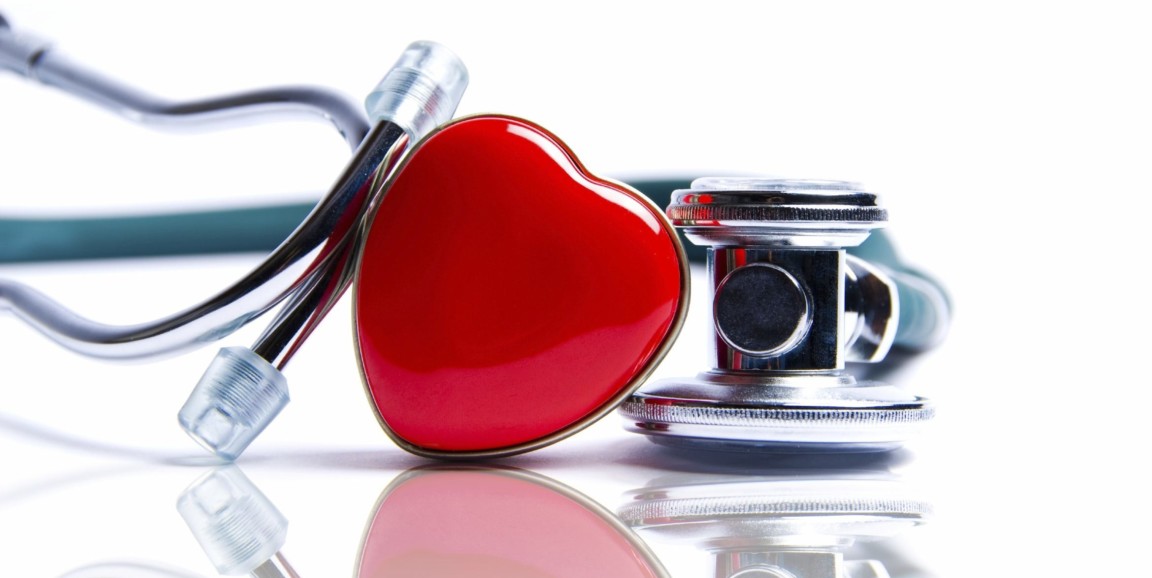The heart is a vital organ whose function determines the condition of the entire body. If you experience worrying symptoms or have risk factors for cardiovascular disease, you should consult a cardiologist. It is important not only to undergo an examination but also to ask the doctor all the questions of interest in order to understand your health condition better and prevent serious problems in time. In this article, we have gathered 10 questions that are worth asking a cardiologist during a visit.
1. What is the condition of my heart?
One of the first questions you should ask your doctor is about your heart's condition. A cardiologist can determine how healthy your cardiovascular system is based on examinations like ECG, cardiac ultrasound, blood tests, and other tests.
2. What are my main risk factors?
Cardiovascular disease can have many causes, including heredity, lifestyle, and the presence of chronic diseases. It is important to find out which risk factors are most significant in your case so that you can take steps to minimize them.
3. What tests do I need to undergo?
Cardiac diagnostics include various tests, such as electrocardiograms, echocardiography, Holter monitoring, and stress tests. A cardiologist will explain which diagnostic methods are necessary to assess your heart condition accurately.
4. What symptoms should not be ignored?
Chest pain, shortness of breath, dizziness, palpitations, and swelling are just some of the symptoms that can indicate heart problems. It is essential to know which symptoms require immediate medical attention.
5. What cholesterol and blood pressure levels are normal for me?
Optimal blood pressure and cholesterol levels can vary depending on age, chronic diseases, and other factors. A cardiologist can help determine what is normal for you. If you search for the "best cardiologist near me," be sure to find an experienced and professional specialist.
6. Should I change my lifestyle?
Diet, physical activity, stress levels, and bad habits can have a direct impact on heart health. Your doctor may recommend lifestyle changes that can reduce your risk of cardiovascular disease.
7. What physical activity is right for me?
Physical activity is important for heart health, but its intensity must be appropriate for your body condition. Your cardiologist can advise you on the types of exercise that are best for you and how intense they should be.
8. Am I at risk of heart attack or stroke?
A cardiologist can assess your risk of heart attack or stroke based on your medical history, tests, and examinations. If the risk is high, your doctor will suggest preventive measures such as medication and lifestyle changes.
9. Do I need to take medication?
If you have been diagnosed with heart or vascular disease, your cardiologist may prescribe medication to control your blood pressure, lower your cholesterol, improve your heart function, or thin your blood. It is important to learn about possible side effects and rules for taking medication.
10. How often should I go for a check-up?
The frequency of visits to the cardiologist depends on your health status, age, and the presence of any medical conditions. If you don't experience any symptoms or haven't been diagnosed with cardiovascular issues, you may visit a cardiologist every few years. Your doctor will help you determine how often you should have your heart checked to detect any problems early.
The bottom line
A healthy heart is the basis for good health and a long life. It is important that you not only undergo the check-ups but also take an active interest in your condition and ask the doctor all the important questions. The more you know about your heart, the easier it is to keep it healthy.






Comments